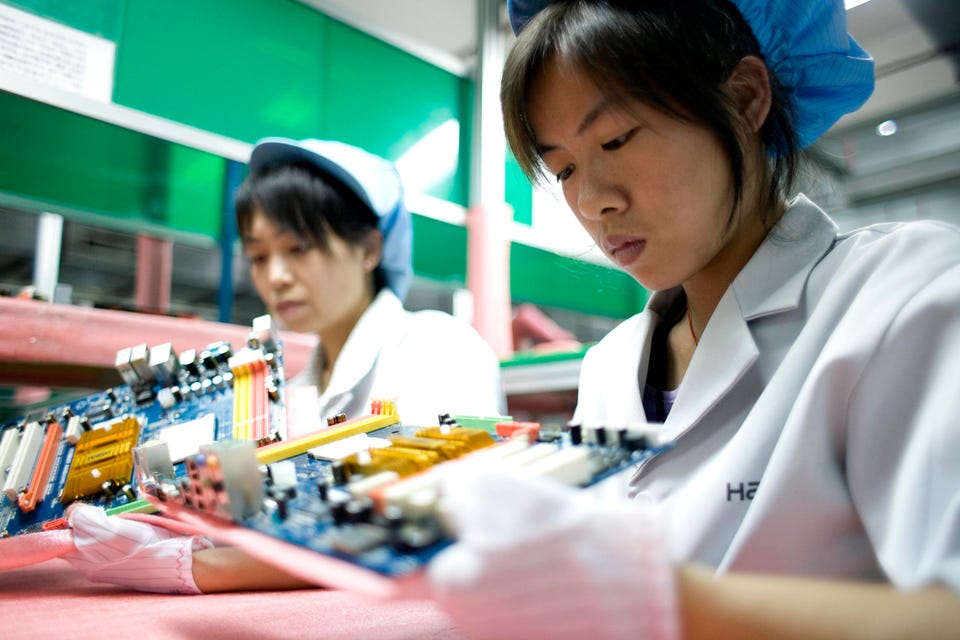The Chip War With China Escalates


America’s war on Chinese chip making has notched up to another level. Washington fired the first shots so to speak last October with the Chips and Science Act, which offers a significant subsidy for semiconductor manufacturers to establish and expand operations domestically and also bans exports of advanced chips and chip-making equipment to China. In the last month, steps against China have redoubled.
The White House has let on that President Biden is on the verge of issuing an executive order that will ban all American investment in high-end Chinese technology, such as artificial intelligence (AI), quantum computing, 5G, as well as advanced semiconductors. Meanwhile, both Japan and the Netherlands have agreed to join the United States to limit chip exports as well as the sale of chip-making equipment to China.
The decision by the Netherlands is especially important. It is the only place in the world that produces the cutting-edge extreme ultraviolet lithography (EUV) chip-making machines. To be sure, the Netherlands will continue to sell some of the older deep ultraviolet lithography (DUV) machines to China, but the decision on EUV is a major blow to Beijing’s ambitions.
Beyond simply increasing the pressure, there is something new in recent developments. Past efforts to limit sales to China aimed at operations with explicit connections to the People’s Liberation Army. This latest effort seems to be more general, though with China, it is always difficult to separate the commercial from the military.
Matters will take a while to have effect. Japan and the Netherlands report that it may take months to finalize the legal arrangements for their restrictions. The firms involved have nonetheless readily pledged compliance. In Japan, Nikon and Tokyo Electron will bear most of the burden. In the Netherlands, most of the burden will fall on ASML, the only producer of EUV and DUV in the world. Its CEO, Peter Wennink, admits that some 15 percent of the firm’s sales are involved.
Of course, few expect these actions to stop Beijing’s effort. Wennink has offered a bit of worthwhile realism. He agrees that the sales ban will slow China down, but he is also confident that China has its technological prowess to make the machines for itself eventually. If past experience is any indication, Beijing was preparing to do that anyway.
If Beijing can keep its ambitions despite these efforts by the United States, Japan, and the Netherlands, recent actions by these three countries, among others, should send a more general message to China’s leadership — that its trading partners finally have recognized the stark competitiveness with which Beijing has proceeded, despite the openness of others. They have reacted to China’s continuation of unfair trading practices, including the outright theft of technology and intellectual property. Most of all, these actions make clear that America and its allies in Europe and Asia have now entirely abandoned the open attitude that once prevailed in economic relations with China and in China trade.
That old approach from the rest of the world did much to accelerate Chinese development. Now that it has given way to one of competition if not open hostility, Chinese development will bear some burdens that did not exist in the past. Beijing will have to live with what are clearly the consequences of its impatience to have everything its own way.
